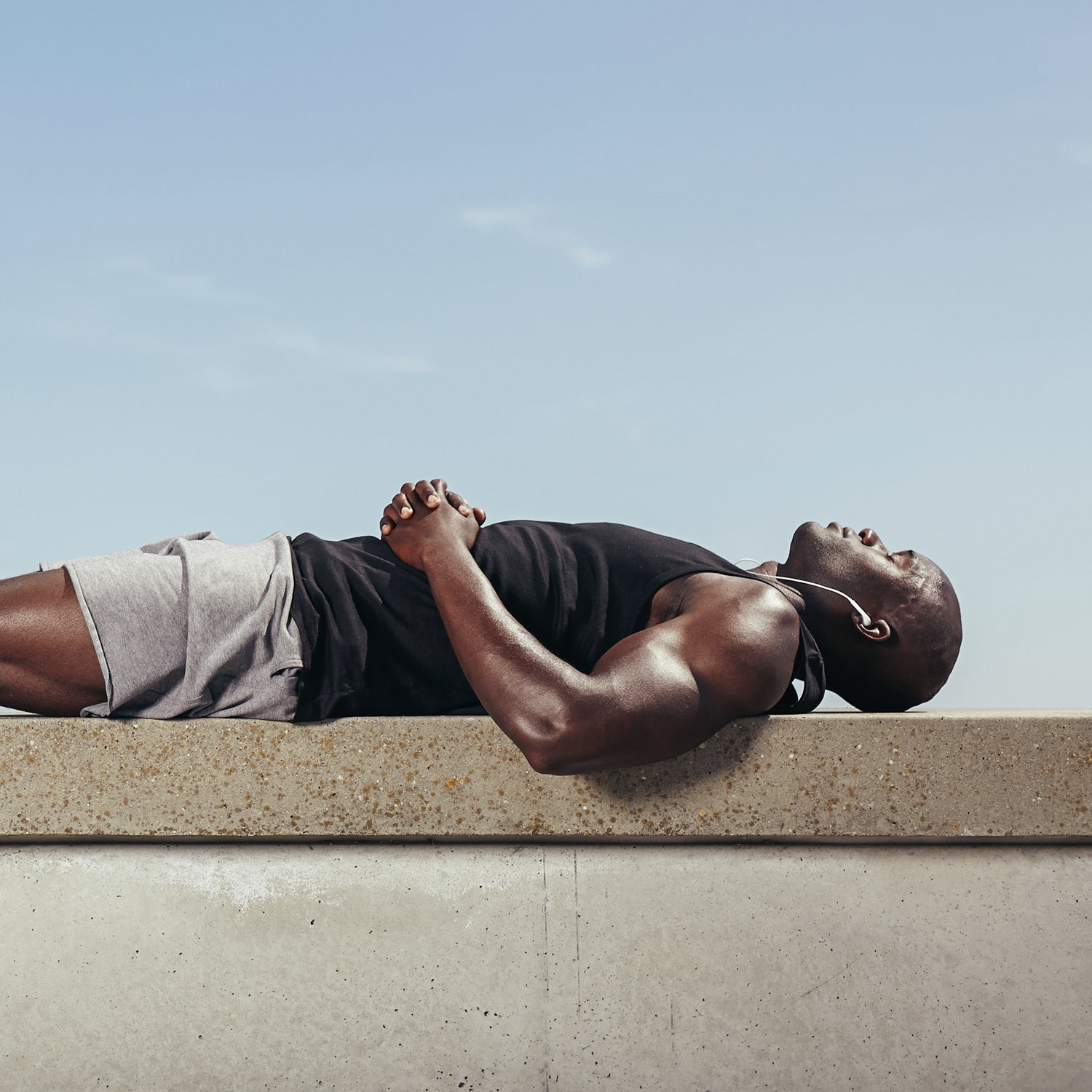Endurance experts have two words for recovery-obsessed athletes: stop it. The stuff you do for short-term recovery, from downing antioxidant shakes and NSAIDs to massage and ice baths, might actually impair long-term gains.
Exercise and training are all about adapting to stress, and as world-renowned sports nutrition scientist, Asker Jeukendrup , recently, researchers are discovering that “removing the signals of stress (which may help short term recovery), will also reduce the signals needed to adapt.” In other words, the more time you spend forcing recovery, the less chance your muscles have to build up the strength and endurance they need to perform.
Still, the solution isn’t to quit pampering yourself entirely—recovery is still an important part of reaching your athletic goals. Instead, experts say, you should periodize recovery in the same way you periodize training.
“Recovery is not needed after every session and we should always think about what the athlete is recovering from as well as what their next session is,” says , the Australian Institute of Sport’s Head of Recovery. “Some fatigue and soreness is obviously okay at certain times in the training program, but when competition or high quality training sessions are required, an increased focus on recovery is needed.”
Like any periodization training plan, figuring out a recovery strategy can be a bit of a trial-and-error process. But there are some general guidelines to follow.
- Consider your goal. Most of the time your recovery strategies will be targeted towards the longer-term. “When you’re focusing on base-building, or easy workouts, recovery is largely about nutrition and sleep,” says Joe Friel, author of the best-selling . Eating enough to fuel your workouts, and getting enough sleep to feel refreshed is probably all you need to be doing. On the other hand, if you’re trying to perform again several hours later, you’ll want to “optimize all short term recovery strategies,” writes Jeukendrup.
When you’re in a high-intensity training or racing phase, short-term recovery strategies are useful to keep you going hard. And you’ll likely have to figure out what works best for you over time. “It is very much individualized,” Friel explains. “Not everything equally works well for all athletes after the same type of session.” For example, some athletes do best with massage. Others like contrasting water temp immersion.
- Don’t dismiss the importance of mental recovery because it doesn’t matter how ready your muscles are to tackle a big workout or race if your brain isn’t in it. Depending on your personality, Friel says, time spent with key people just talking, as well as time spent alone, can be very effective recovery strategies.
- Finally, there’s an easy nutrition rule to follow that’ll keep you from unintentionally sabotaging long-term gains: eat real food. “We used to say, ‘Oh, yeah, free radicals, we need to get in antioxidants as soon as possible after a tough session to recover,” says Bob Seebohar, author of a book on for endurance athletes, and sports dietitian for coaching group . Now concentrated antioxidants can actually do harm to recovery, again, by hindering stress signals that help your muscles adapt.


